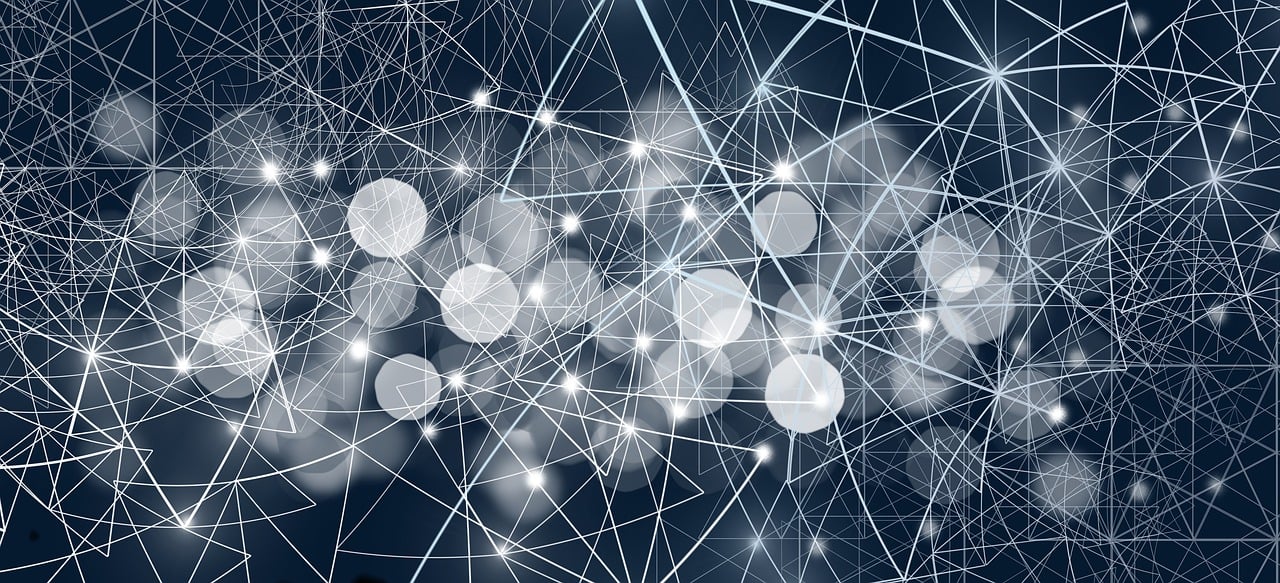In today's digital age, education has embraced the embrace of the internet. Both students and teachers rely on the internet for daily learning and teaching activities. However, this is accompanied by the threats and challenges of internet security. To safeguard school networks and personal privacy, adhering to some best practices is essential. This article provides 7 key internet security tips for students and teachers while highlighting the significant role of Virtual Private Networks (VPN) in ensuring school network security.

I. Keep Devices Securely Updated
When using devices like computers, tablets, and smartphones, students and teachers should ensure that their operating systems and applications are up to date. These updates often contain security patches that can fix known vulnerabilities, reducing the risk of hacking attacks. Regularly checking for and applying updates is a crucial step in countering network threats.
II. Create Strong Passwords
To protect personal accounts from unauthorized access, students and teachers should use strong passwords. Strong passwords should comprise letters, numbers, and special characters, with a length of no less than 8 characters. Additionally, avoid using the same password across multiple accounts to prevent a security breach in one account from compromising others.
III. Promote Online Etiquette
Within school networks, both students and teachers should follow good online etiquette. This entails refraining from making malicious remarks, spreading false information, and respecting others' privacy and viewpoints. Adhering to online etiquette fosters a friendly and secure environment for online learning and communication.
Phishing is a common form of online fraud where attackers pose as legitimate entities to lure individuals into divulging personal information. Students and teachers should exercise caution when dealing with requests from unfamiliar links and emails, refraining from clicking on unfamiliar links or sharing personal information.
V. Use Secure Wi-Fi Networks
When using Wi-Fi in school or public spaces, ensure that you are connecting to a trusted network. Avoid connecting to open networks, as they are more susceptible to hacker attacks. Moreover, for important online activities, using a Virtual Private Network (VPN) is recommended to encrypt your network connection and enhance security.
VI. Safeguard Personal Privacy
Students and teachers should be cautious about sharing personal information. Avoid sharing sensitive details like birthdates and home addresses on social media. Hackers can exploit such information for identity theft or other malicious activities.
VII. Be Aware of Online Threats
Both students and teachers need to be aware of common online threats such as malware, ransomware, and phishing. Understanding these threats equips them to better counter and respond, avoiding becoming victims of online attacks.
VIII. Role of VPN in School Network Security
A Virtual Private Network (VPN) is a tool that creates encrypted tunnels over public networks, safeguarding network connections and privacy. For students and teachers, VPN play a crucial role in school network security by:
1.Encrypting Data Transmission: VPN encrypt the data transmitted over networks, preventing hackers and third parties from accessing sensitive information.
2.Hiding IP Addresses: VPN conceal users' real IP addresses, enhancing anonymity and preventing tracking of personal online activities.
3.Bypassing Blocks and Restrictions: Some schools might restrict or block certain websites and services. VPN can bypass these restrictions, enabling access to necessary content.
4.Secure Public Wi-Fi Connections: When students and teachers use public Wi-Fi in school or other public places, VPN encrypt the connection, preventing hackers from intercepting data.
5.Privacy Protection: VPN safeguard the personal privacy of students and teachers, preventing their online activities from being monitored by Internet Service Providers (ISP).
Conclusion
In the digital age, network security is of paramount importance for both students and teachers. Following the above internet security tips can help them learn and teach more securely within school networks. Additionally, using a Virtual Private Network (VPN) can further enhance network connection security and privacy. By proactively taking security measures, students and teachers can enjoy the pleasures of learning and communicating in the online world with confidence.
 E-posta
E-posta